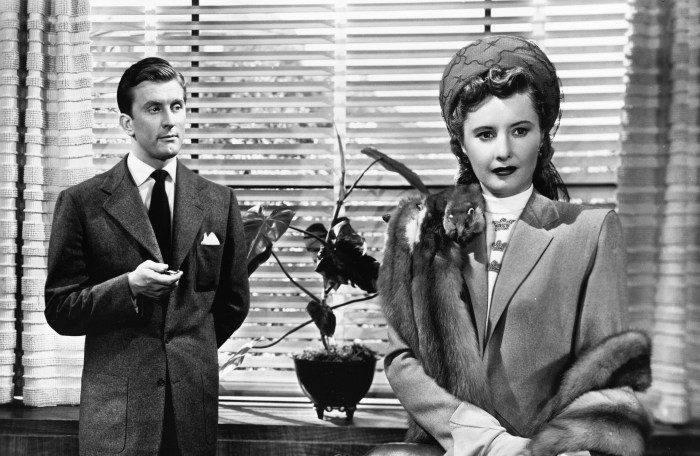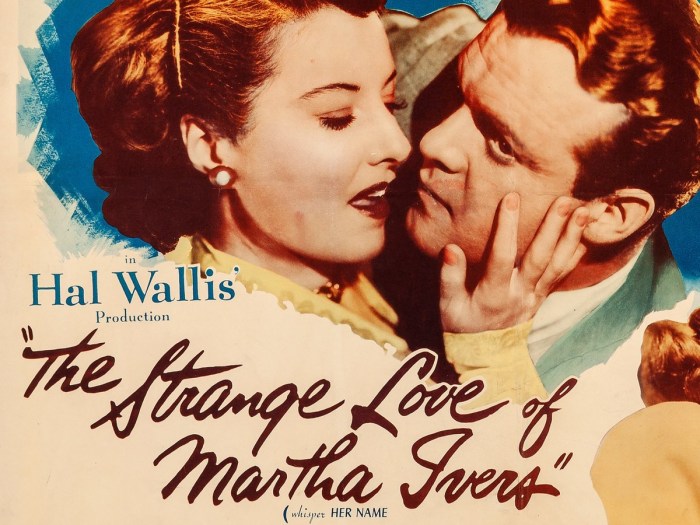The strange love of martha ivers ending explained – In the captivating cinematic masterpiece, “The Strange Love of Martha Ivers,” the ending leaves viewers pondering the intricate motivations and consequences that shape the characters’ destinies. This analysis delves into the depths of the film’s enigmatic conclusion, exploring the psychological complexities, moral dilemmas, and societal influences that culminate in a tragic yet thought-provoking resolution.
Martha Ivers, the enigmatic protagonist, emerges as a character driven by a twisted desire for control and a desperate need to protect her secrets. The consequences of Walton’s deception ripple through the lives of those involved, testing the boundaries of loyalty and morality.
Sam Masterson’s enigmatic presence adds another layer of complexity, as his motivations and loyalties shift throughout the narrative.
Introduction to ‘The Strange Love of Martha Ivers’ Ending

Set against the backdrop of a small town, ‘The Strange Love of Martha Ivers’ follows the titular character, a wealthy and enigmatic woman whose past holds a dark secret. As the film unfolds, Martha’s carefully constructed world unravels, revealing a web of deception, betrayal, and murder.
Unveiling the Motive Behind Martha’s Actions

Martha Ivers’ actions are driven by a complex mix of fear, guilt, and a desperate desire to protect her wealth and status. Having witnessed her father’s murder as a child, she has developed a deep-seated fear of exposure and retribution.
Martha’s guilt stems from her role in her father’s death. She inadvertently left the door unlocked, allowing her father’s killer, Sam Masterson, to enter the house. This guilt weighs heavily on her, fueling her determination to conceal the truth at all costs.
Furthermore, Martha is fiercely protective of her wealth and social standing. She has worked tirelessly to build her empire, and she will stop at nothing to maintain it. This possessiveness extends to her relationship with Sam, whom she sees as a threat to her carefully crafted image.
The Consequences of Walton’s Deception: The Strange Love Of Martha Ivers Ending Explained

Walton’s deception has far-reaching consequences for Martha and the other characters. His lies and betrayal shatter Martha’s trust, driving her into a spiral of paranoia and self-destruction.
The deception also has a profound impact on Sam Masterson. Having been wrongly accused of murder, Sam is consumed by a thirst for revenge. His pursuit of justice ultimately leads to the film’s tragic climax.
The consequences of Walton’s deception extend beyond the main characters. The revelation of Martha’s past casts a dark shadow over the small town, tarnishing its reputation and eroding the trust among its residents.
FAQs
What is the central conflict that drives the plot of “The Strange Love of Martha Ivers”?
The central conflict revolves around Martha Ivers’ desperate attempts to conceal her involvement in her husband’s death and the ensuing web of lies and deceit that ensnares the other characters.
How does Walton’s deception contribute to the film’s tragic ending?
Walton’s deception undermines trust and sets off a chain of events that leads to the unraveling of Martha’s carefully constructed facade, ultimately resulting in her downfall.